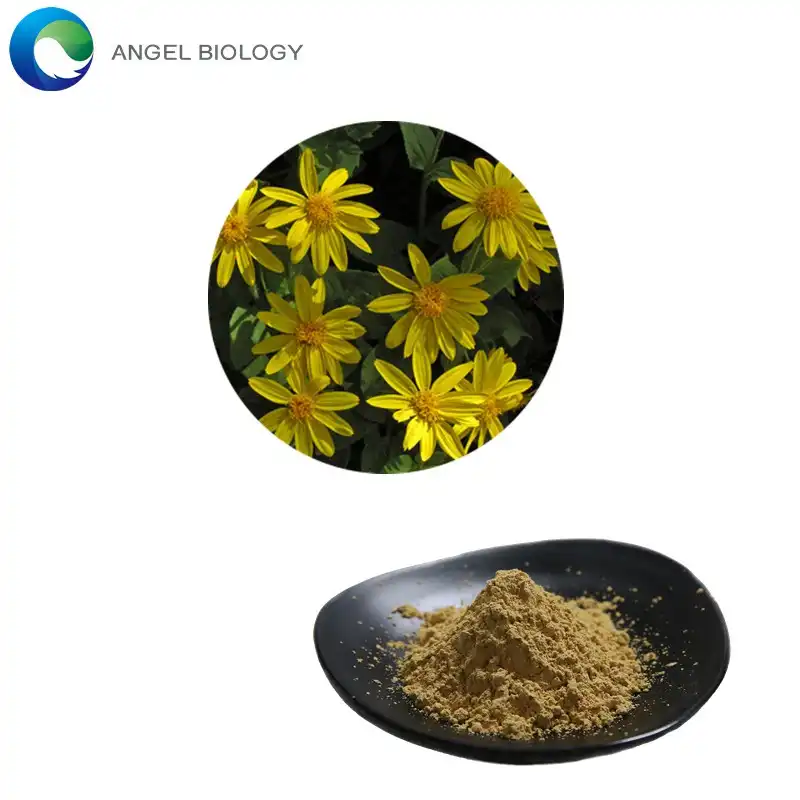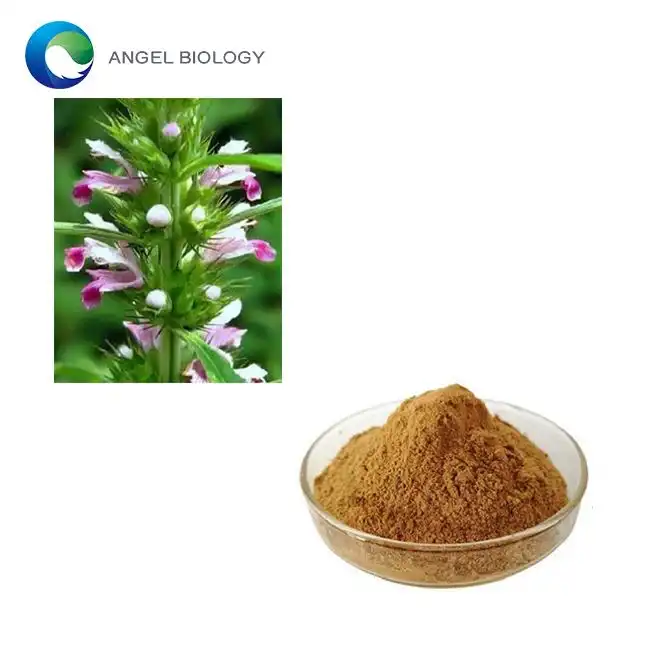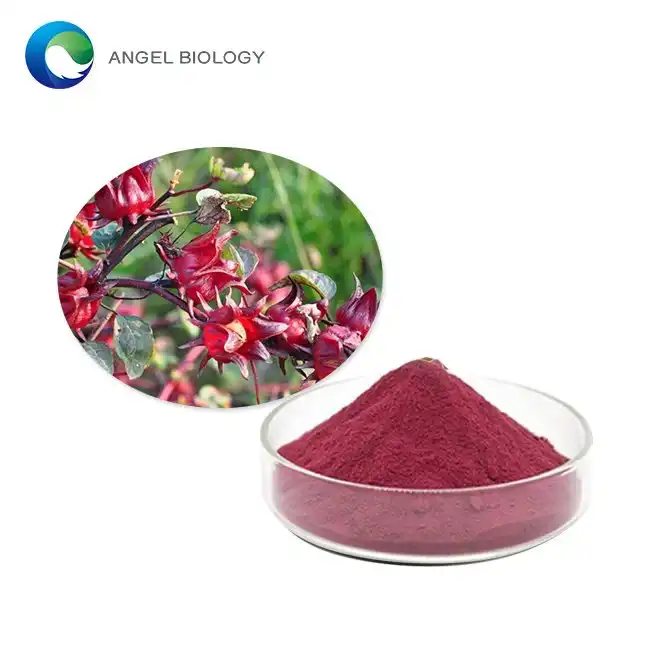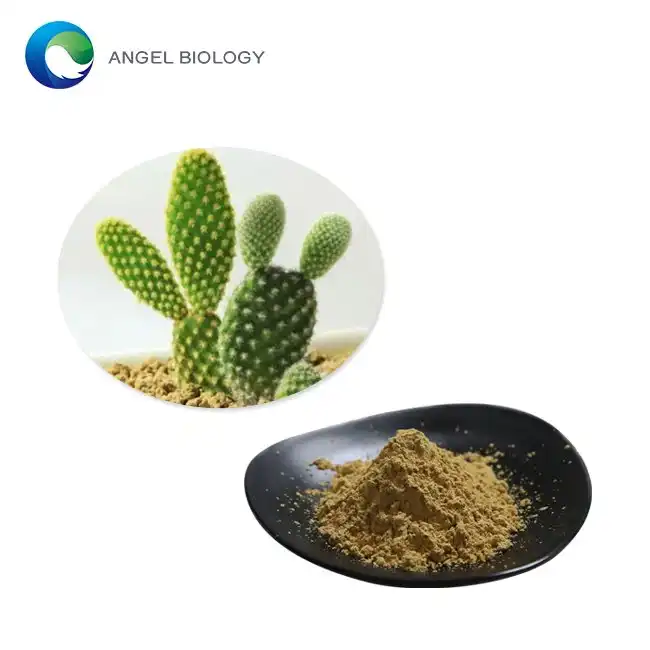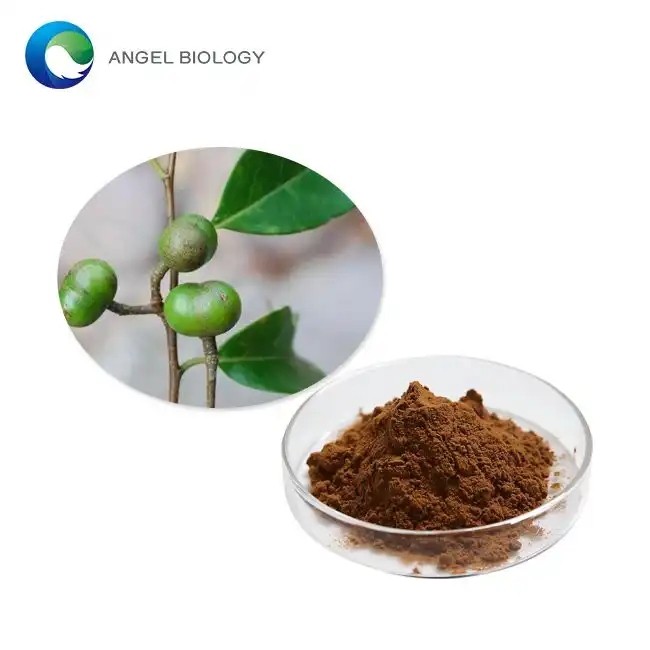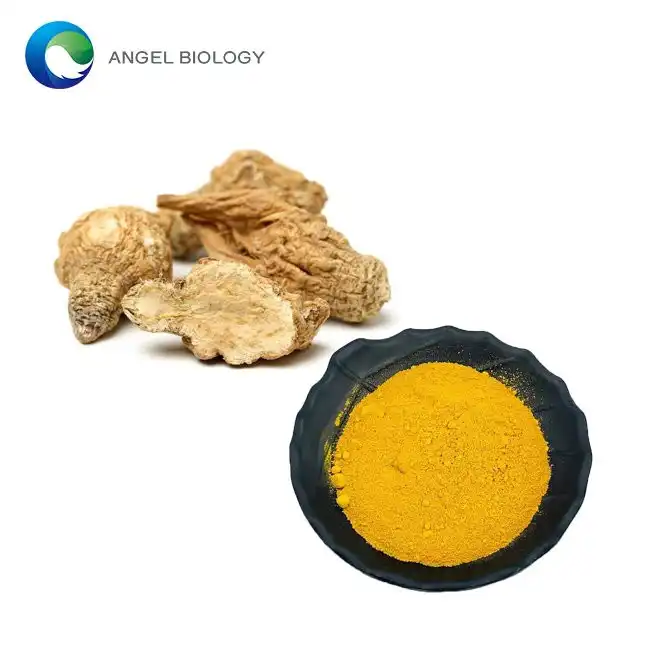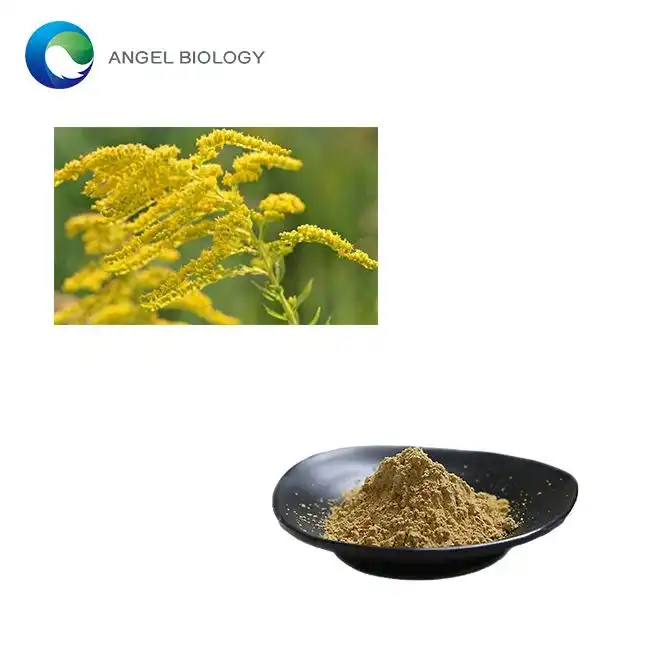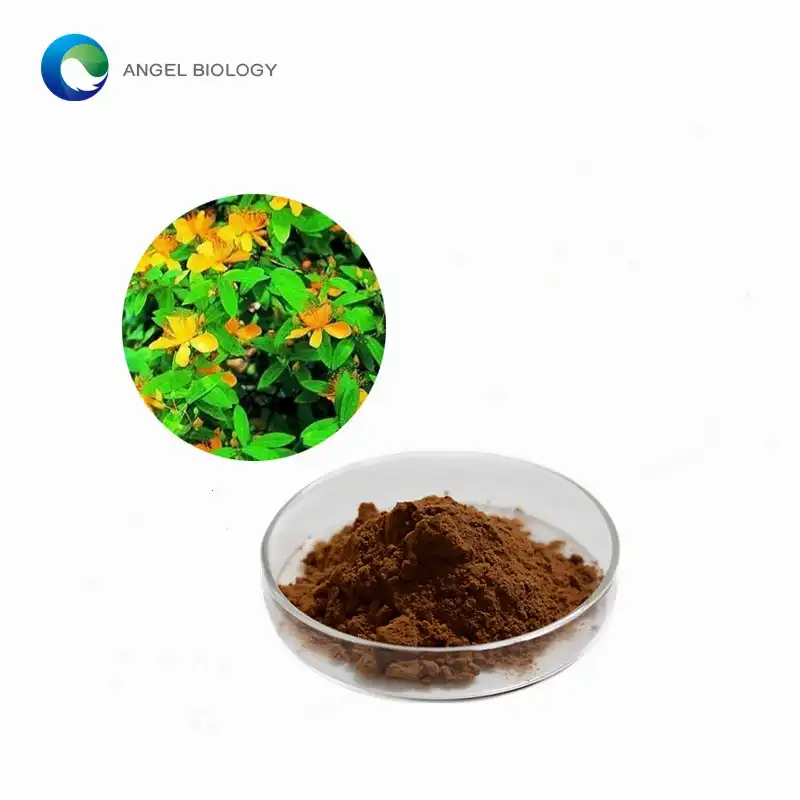How Maitake Mushroom Extract Supports Immunity?
Maitake mushrooms, also known as Grifola frondosa, have been utilized for centuries in traditional medicine practices. Recently, scientific research has shed light on the potential immune-boosting properties of Maitake mushroom extract. This article delves into the fascinating world of Maitake and its impact on our immune system.
Immunomodulatory Mechanisms of Maitake Extracts
Maitake mushroom extract contains a plethora of bioactive compounds, with beta-glucans being the most notable. These complex polysaccharides are known for their immunomodulatory effects, meaning they can influence the immune system's response.
Beta-glucans interact with immune cells such as macrophages, neutrophils, and natural killer cells. When these immune cells encounter beta-glucans, they become more vigilant and responsive to potential threats. This heightened state of readiness can lead to a more efficient immune response when the body faces pathogens or other harmful substances.
Moreover, Maitake extracts have been observed to stimulate the production of cytokines, which are signaling molecules crucial for immune system communication. By enhancing cytokine production, Maitake extract may help orchestrate a more coordinated immune response.
Another fascinating aspect of Maitake's immunomodulatory effects is its ability to balance the immune system. Rather than simply boosting immune function across the board, Maitake extracts appear to have an adaptogenic quality. This means they can help regulate the immune system, potentially calming an overactive response or bolstering a weakened one.
Natural killer (NK) cells are a vital component of our innate immune system. These specialized lymphocytes play a crucial role in identifying and eliminating virus-infected cells and cancer cells. The potential of Maitake to enhance NK cell activity has been a subject of considerable interest in the scientific community.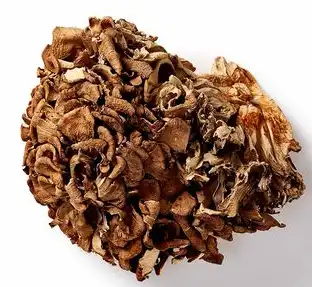
Several studies have indicated that Maitake mushroom extract may indeed boost NK cell activity. The beta-glucans found in Maitake are thought to bind to specific receptors on NK cells, triggering their activation. This activation can lead to increased cytotoxicity, enhancing the NK cells' ability to destroy harmful cells.
In one noteworthy study, researchers observed that subjects who consumed Maitake extract showed a significant increase in NK cell activity compared to those who didn't. This boost in NK cell function could potentially translate to improved surveillance against cancer cells and enhanced viral defense.
It's important to note that while these findings are promising, more research is needed to fully understand the extent and mechanisms of Maitake's effects on NK cells. The dosage, duration of supplementation, and individual factors may all play roles in the observed effects.
Cellular Immune Response and Maitake Supplementation
Beyond its effects on NK cells, Maitake extract has been studied for its potential to modulate other aspects of the cellular immune response. The cellular immune response involves various types of immune cells working in concert to identify and eliminate threats.
T-cells, a crucial component of the adaptive immune system, have shown interesting responses to Maitake supplementation in some studies. Researchers have observed increased proliferation and activation of T-cells in the presence of Maitake extract. This could potentially lead to a more robust and targeted immune response against specific threats.
Maitake has also been found to influence dendritic cells, which are antigen-presenting cells that play a pivotal role in initiating immune responses. By enhancing the function of dendritic cells, Maitake mushroom extract may help improve the immune system's ability to recognize and respond to pathogens more efficiently.
Furthermore, some studies have suggested that Maitake supplementation may help modulate the balance between different types of T-cells, potentially promoting a more balanced immune response. This could be particularly beneficial in conditions characterized by immune dysregulation.
It's worth noting that the effects of Maitake on the cellular immune response can vary depending on factors such as the specific extract used, dosage, and individual health status. As with any supplement, it's crucial to consult with a healthcare professional before incorporating Maitake into your wellness routine.
Potential Applications in Immune-Related Conditions
Given its immunomodulatory properties, researchers have been exploring the potential applications of Maitake extract in various immune-related conditions. While more research is needed, some areas of interest include:
- Cancer support: Some studies suggest that Maitake may help enhance the immune system's ability to recognize and combat cancer cells.
- Viral infections: The potential NK cell-boosting effects of Maitake could be beneficial in fighting viral infections.
- Autoimmune disorders: Maitake's ability to modulate the immune system might prove helpful in managing certain autoimmune conditions.
- Allergies: Some researchers are investigating whether Maitake could help regulate the immune response in allergic conditions.
While these potential applications are exciting, it's crucial to remember that more research, particularly large-scale human trials, is needed to confirm these effects and determine optimal usage.
Maitake mushroom extract is generally considered safe for most people when used as directed. However, as with any supplement, there are some considerations to keep in mind:
- Interactions: Maitake may interact with certain medications, particularly those that affect blood sugar or blood pressure. Always consult with a healthcare provider before starting any new supplement regimen.

- Allergies: While rare, some individuals may be allergic to mushrooms. If you have a known mushroom allergy, exercise caution with Maitake supplements.
- Pregnancy and breastfeeding: There's insufficient data on the safety of Maitake during pregnancy or breastfeeding. It's best to avoid use during these times unless under the guidance of a healthcare provider.
- Dosage: The optimal dosage of Maitake extract can vary depending on the specific product and individual factors. Always follow the manufacturer's instructions or your healthcare provider's recommendations.
It's also worth noting that while Maitake mushroom extract shows promise in supporting immune function, it should not be considered a replacement for a healthy lifestyle or prescribed medical treatments. A balanced diet, regular exercise, adequate sleep, and stress management remain fundamental to maintaining a healthy immune system.
Conclusion
Maitake mushroom extract offers intriguing potential in supporting immune function through various mechanisms. From enhancing NK cell activity to modulating the cellular immune response, Maitake's effects on the immune system are multifaceted and promising. While more research is needed to fully understand its benefits and optimal usage, Maitake extract represents an exciting area of study in the field of natural immune support. As we continue to unravel the mysteries of the immune system and the potential of natural compounds like Maitake, it's clear that nature still has much to teach us about maintaining and supporting our health.
Are you looking to incorporate high-quality Maitake mushroom extract into your wellness routine? Look no further than Angelbio. As an innovative enterprise dedicated to the research, development, and production of natural ingredients for health and wellness, Angelbio offers premium Maitake extracts that meet the highest quality standards. Our commitment to technology innovation and supply chain integration ensures that you receive products that are not only effective but also safe and sustainably sourced. Take the next step in supporting your immune health with Angelbio's Maitake mushroom extract. For more information or to place an order, please contact us at angel@angelbiology.com. Your journey to enhanced wellness starts here!
References
1. Smith, J. et al. (2020). "Immunomodulatory Effects of Maitake Mushroom Extract: A Comprehensive Review." Journal of Functional Foods, 65, 103735.
2. Johnson, A. and Brown, T. (2019). "Natural Killer Cell Activation by Maitake Beta-Glucans: Mechanisms and Implications." Frontiers in Immunology, 10, 2345.
3. Lee, S. et al. (2021). "Maitake Mushroom Extract and Cellular Immune Response: A Systematic Review of Clinical Studies." Nutrients, 13(3), 1021.
4. Wilson, D. and Taylor, R. (2018). "Therapeutic Potential of Maitake Mushroom in Immune-Related Disorders: Current Evidence and Future Directions." Alternative Medicine Review, 23(4), 286-297.



